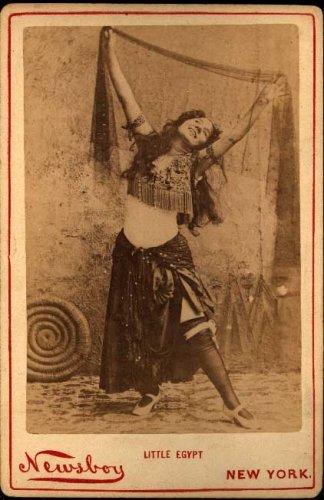Great Doc on the 1893 Chicago Columbian Expo
This weekend my GF and I watched an excellent new documentary on DVD about the 1893 World's Fair in Chicago, Expo: Magic of the White City. Official website here. Very good review here. If you have read Erik Larson's fascinating The Devil in the White City, then you will definitely want to watch this, along with another recent indie documentary, H.H. Holmes: America's First Serial Killer. Gene Wilder narrates, and the audio commentary is done by a high school teacher named David Cope who has made the study of the 1893 Fair his avocation. (Note to Mr. Cope -- If you have a site I'd be happy to link to it, but I searched to no avail.) The Expo touched lots of well-known figures and events -- the phrase "Thine alabaster cities gleam" referred directly to the fairgrounds; Every architect you've ever heard of had something to do with it; Walt Disney's dad was one of the workmen on the Expo buildings; It produced the Ferris Wheel and Cracker Jack candy; The Germans showed off their humungous cannon Big Bertha; the list goes on...
So, after you watch the doc, read the book, and get an idea of how many aspects of 20th-Century America were impacted by the 1893 Expo, just reflect on how it all might never have been if it weren't for a bunch of Chicago guys who liked to drink beer and watch Little Egypt.

So, after you watch the doc, read the book, and get an idea of how many aspects of 20th-Century America were impacted by the 1893 Expo, just reflect on how it all might never have been if it weren't for a bunch of Chicago guys who liked to drink beer and watch Little Egypt.

Props to Shanmonster for the visual.










0 Comments:
Post a Comment
<< Home